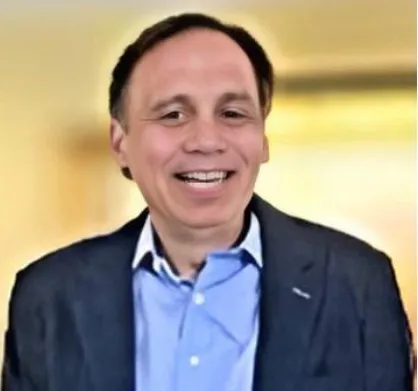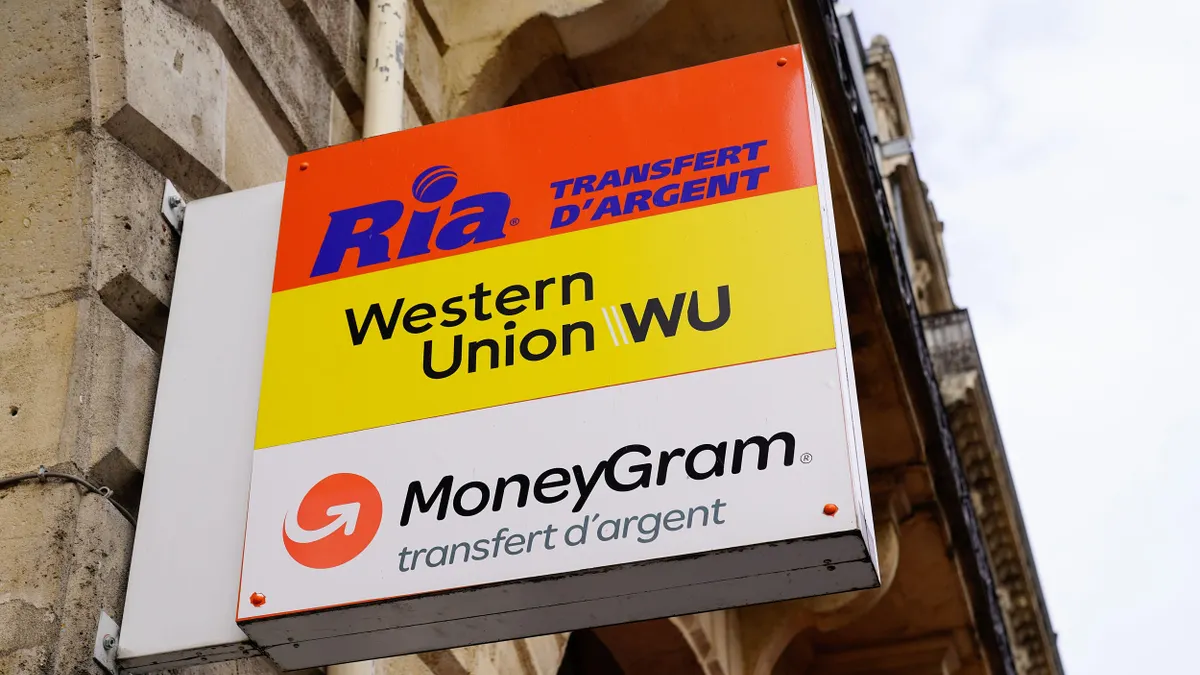Marshall Lux is a long-time financial services consultant and executive and former senior fellow at Harvard. He writes and speaks frequently on financial services topics.
Cherie Chung has experience operating, investing and researching fintech/govtech startups with a focus on financial inclusion. She is currently pursuing an MBA/MPP at Harvard Business School and Harvard Kennedy School.
As researchers of earned wage access, we have watched with increasing alarm the passage of the first state laws this summer seeking to regulate these products.
A patchwork regulatory landscape will not protect all consumers equally from the downsides of EWA. Instead of state-by-state regulation, federal government guidance must be updated and clarified.
We first argued that the Consumer Financial Protection Bureau must take steps to eliminate regulatory uncertainty and protect vulnerable users of EWA products in June 2023, when we released a paper through the Mossavar-Rahmani Center for Business and Government at Harvard Kennedy School focused on EWA.
After interviewing a wide variety of experts, EWA providers, and consumer advocates, we found that EWA products (used properly) can serve consumers better than payday lending and other existing alternatives. Our survey of 1,000 low-income consumers showed that EWA has made strong inroads among some of the most financially vulnerable workers in America.


Over 75% of respondents said they were using EWA to pay for regular bills, rather than emergency expenses, and 29% of respondents who had ever used EWA said that they had taken out multiple loans by using different apps simultaneously. Data from several research studies shows that EWA users are cashing out frequently.
More than a stopgap measure, EWA is fast becoming a mainstay of people’s financial lives, leading consumer advocates to warn about a vicious cycle of dependency that leaves workers worse off than when they started.
EWA can offer meaningful improvements to financial wellness, but we believe that guidelines are needed to protect workers from potential harms. The EWA industry is growing rapidly, under remarkable regulatory uncertainty. The main source of federal guidance on EWA comes from an advisory opinion issued by the CFPB in November 2020. This opinion has been widely acknowledged to be unclear, limited in its scope and in need of re-examination.
In the absence of federal action, consumer advocates and industry have turned their attention to the states. Currently, several states have proposed regulation around earned wage access, but they differ in their approach to whether EWA constitutes credit and should be subject to rate caps or interest limits.
In June, the California Department of Financial Protection and Innovation proposed rules that would consider the products to be loans and bring them under California financing law. On the other hand, in June, Nevada passed the nation’s first statutory framework for EWA providers operating in the state, which requires providers to be licensed but does not consider EWA to constitute loans or other credit or money transmissions under Nevada law.
While the law mandates some useful consumer protections, such as a requirement for a no-cost option and reimbursement to users of any overdraft fees, the law imposes minimal, if any, changes to their existing fee structures.
Licensing will not prevent high APRs, such as the 330%+ rate that California’s DFPI found in scrutinizing 5.8 million EWA transactions. These APRs often come from nominally optional charges such as expedite fees or tips. These types of fees open the door for EWA providers to evade rate caps and interest limits. Concerningly, Nevada’s law creates no protection against these types of high costs.
In August, Missouri became the second state to enact an EWA law — one that offers scant protections, just like Nevada. The EWA industry is sliding towards an uneven regulatory landscape — one where states like California bring EWA under state consumer finance law and protect consumers from high fees and overuse, while employees in states like Nevada and Missouri see their paychecks drained over time by unscrupulous providers.
As states follow either a more stringent or permissive regulatory approach, providers may withdraw their services from states with less friendly regulations, just as has happened in payday lending. This would leave some consumers with limited to no access to the benefits of employer-sponsored EWA, while leaving other consumers unprotected from the harms. Before the patchwork regulatory landscape sets in, we urge the CFPB to act promptly to re-issue national guidance.




















